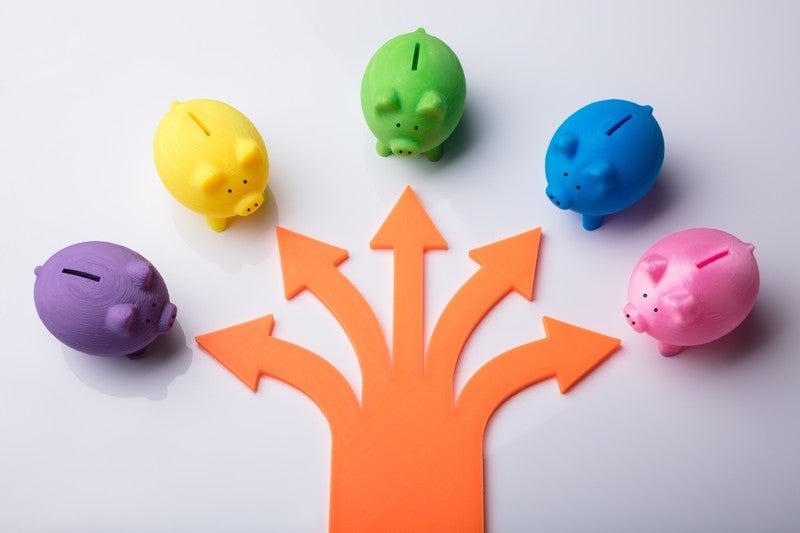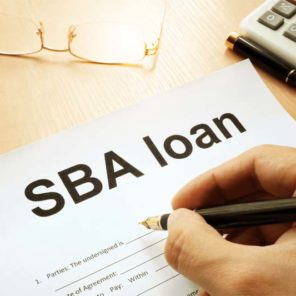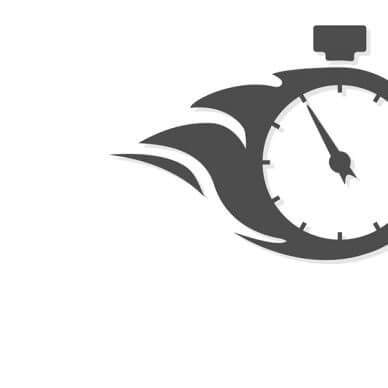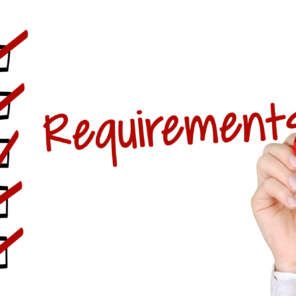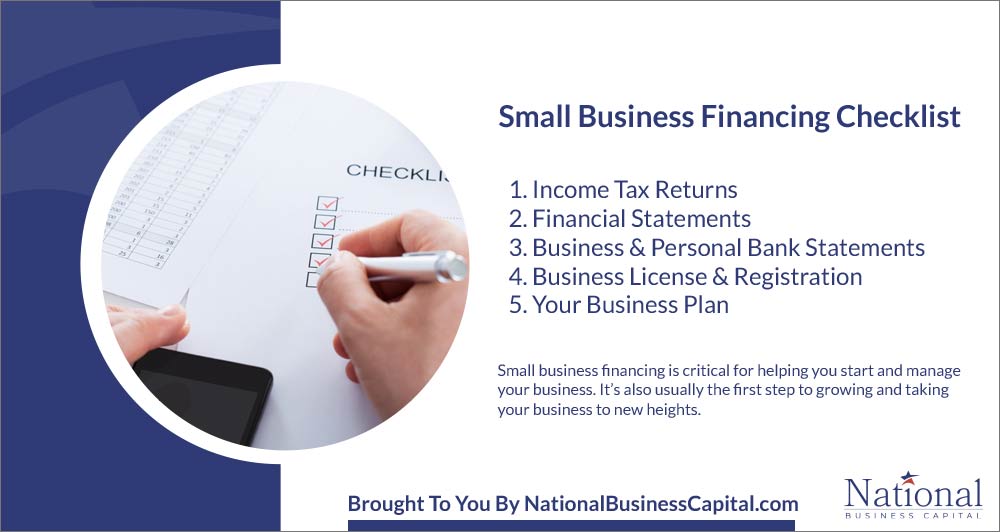Small Business Administration (SBA) loans come with a number of benefits, such as lower interest rates, longer repayment terms, and smaller down payments. You can use SBA money to refinance debt or tackle new growth opportunities.
That said, qualifying for an SBA loan isn’t as easy as it may seem. Requirements are rigid, and there is little flexibility or room for errors.
If you’re wondering whether SBA loans are a possibility for your business, you’ve come to the right place. We’ll go over everything you’ll need to know about qualifying for an SBA loan as well as other solid financing options.
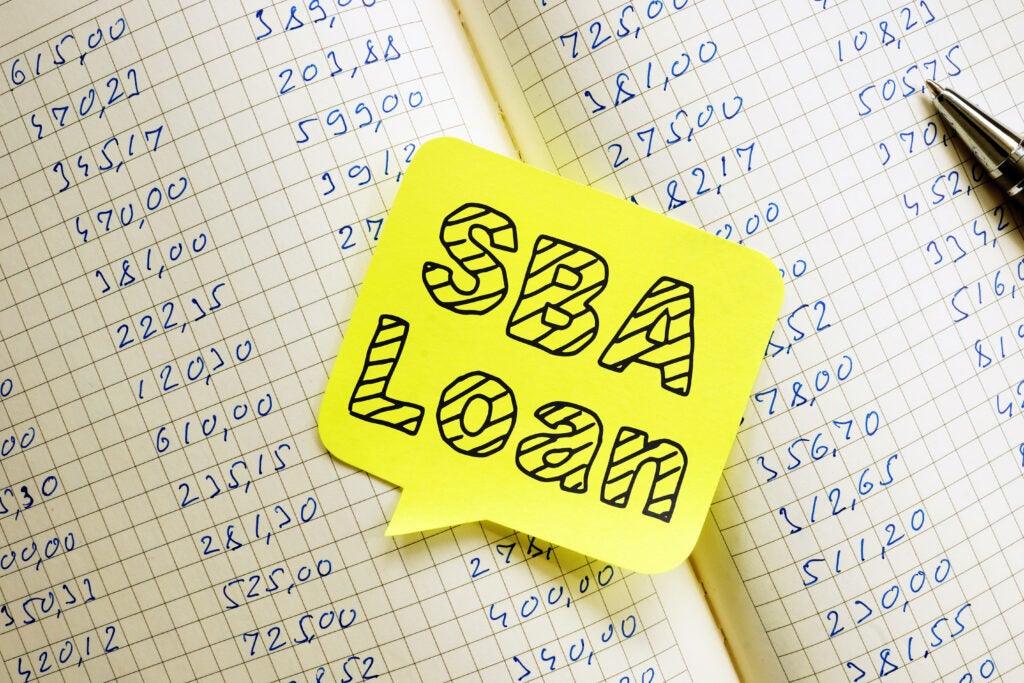
Types of SBA Loans You Can Qualify for
There are multiple different types of SBA loans, each one serving a different purpose. These include the SBA 7(a), 504, microloans, and disaster loans, among others.
- SBA 504 – Used for commercial real estate financing loans. They can be used to buy or build new facilities, equipment, and more. They can’t be used for purchasing inventory, consolidating debt, or investing in rental properties.
- Microloans – Can provide funding up to $50,000. They are reserved for small businesses and certain non-profits looking to expand.
- Disaster Loans – Another type of SBA loan that’s only available to small businesses affected by a declared disaster.
- SBA 7(a) Loans – Feature a maximum loan amount of $5 million, which may be used for a wide range of business expenses. There are multiple types of 7(a) loans, including SBA Express, Veterans Advantage, CAPLines, and more.
Each SBA loan type features slight variations when it comes to structure, terms, and qualifications. In some cases, there’s room to negotiate the interest rate and other terms with your lender.
How Do You Qualify for an SBA Loan: The Basics
It doesn’t matter if you’re looking into a Standard 7(a) loan or an SBA Express loan, the underlying qualifications for any type of SBA funding are largely similar. The most basic requirements include:
- Meet SBA’s size standards for what constitutes a small business. This is based on the number of your employees and your total annual income or annual receipts. You can read more about SBA size standards here.
- For-profit business
- Must be located and operate within the United States
- Have invested equity
- Demonstrable need for financing
- Zero outstanding debt to the U.S. government
- Owners aren’t on parole
Qualifying for an SBA Loan (With Collateral)
In some cases, lenders may ask you to put up collateral for your SBA loan. Collateral is any asset with significant value and can include inventory, equipment, real estate, invoices, and more.
Collateral gives lenders additional security and peace of mind. In case you can’t repay your loan, the lender has the right to seize your asset.
Unfortunately, collateral loans can put borrowers at a disadvantage. You’ll have to forfeit the asset you’ve used as collateral if you’re unable to make payments.
How to Apply for an SBA Loan
You’ll have to apply with an SBA-sponsored lender to access this type of financing. The SBA’s website has a “Lender Match” tool that can help you find one in your area.
However, the SBA application process is notoriously challenging. On top of meeting rigid eligibility requirements, you’ll need to ensure everything on your application is 100% accurate, with no errors whatsoever. If the underwriter notices an error, no matter how minor, they’ll deny the application, which puts you back at square one after waiting months.
At National Business Capital, we offer a simpler SBA loan application process. Instead of staying on top of your application individually, our Business Finance Advisors will advocate on behalf of your business to ensure everything moves smoothly from beginning to end.
Here’s what to expect from our process.
- Apply Securely Within Minutes – Move through our streamlined application within minutes and upload your business documents with zero risk.
- Review Your Offers – Compare your offers with expert advice from our team and select the best one for your specific circumstances.
- Receive Your Money – Seize an immediate opportunity to grow your business or tackle a new challenge with confidence.
Some people wait 6+ months for their SBA loan, while our clients can access their funds in as little as 45 days.
SBA Loan Application
Frequently Asked Questions
What Documentation Is Typically Required to Apply for an SBA Loan?
The following documents could be requested when applying for an SBA loan:
- SBA form 1919
- SBA form 912
- SBA form 413
- Business financial statements
- Business certificates and licenses
- Tax returns
- Business overview, history, and plan
- Loan application history
- Collateral information
Your lender may request documentation outside of the abovementioned list. Make sure to speak with them about this to avoid delaying your application.
Can Startups Qualify for SBA Loans, or Is It Limited to Established Businesses?
Startups can qualify for the SBA’s microloan program, but most will find accessing their other loan programs challenging. The SBA’s robust qualifications (2+ years in business, $500,000 in annual revenue, and a 685+ credit score) are designed for well-established businesses.
If the SBA isn’t an option for your business, non-bank options can provide the liquidity you need. Some non-bank lenders work directly with startups and have lesser qualifications to help a wider range of businesses grow and scale.
What Is the Maximum Loan Amount I Can Apply for Through the SBA?
The SBA 7(a) loan caps at $5M, while the 504 program can extend to $5.5M for a single project. If a business has multiple long-term projects, it can borrow $5.5M for up to three projects, totaling a $16.5M limit.
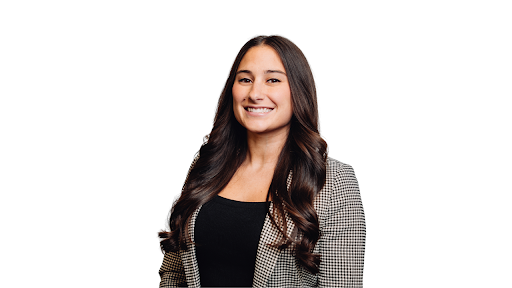
Lauren Coppolone
Lauren has been with National Business Capital for 3 years, but her B2B experience extends as far back as 2015. She previously worked as a senior business analyst for B2B SaaS, Sky IT Group. Her current role as Marketing Manager for National has her coordinating between the financing side and small business needs. She’s also a regular contributor to National’s blog where she regularly shares her expertise and insight into small business financing. Lauren holds a B.A. from the Fashion Institute of Technology’s (FIT) School of Business.
Related Articles
Customer Reviews
Accelerate Your Success
Seize the opportunity to grow your business and gain access to the capital you need.


